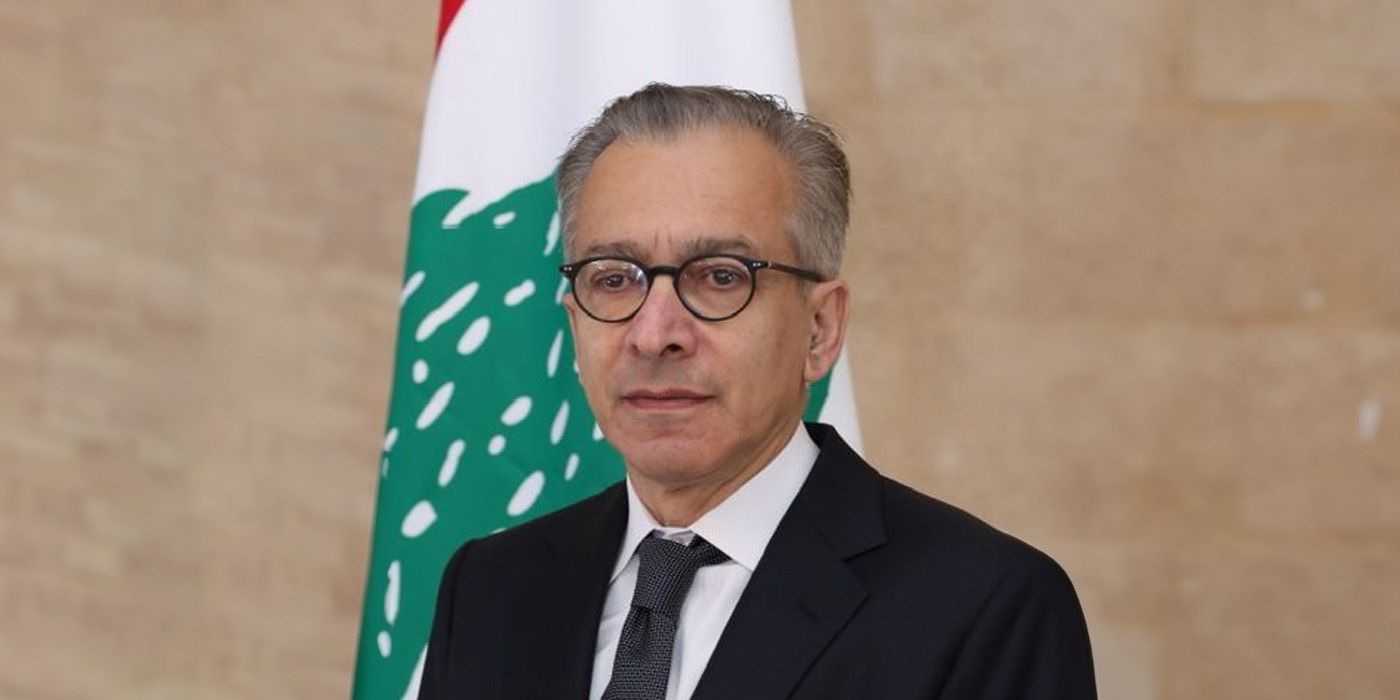
Lebanese Economy and Trade Minister Amer Bsat made several key statements during his appearance on the television program “Sar El Waet.” He addressed multiple sensitive issues, including the financial-gap law, bank restructuring, and negotiations with the International Monetary Fund (IMF).
Bsat emphasized that it is not possible to commit to a timetable for introducing and approving the financial-gap law, noting that several challenges are still under review. He affirmed that Lebanon still has a functioning banking sector that requires restructuring, which is at the core of current efforts. At the same time, work must be done to return deposits to the public.
Therefore, two objectives are being pursued:
-
finding a fair solution to recover people’s money, and
-
restructuring the banking sector so it can regain its role as a central economic partner.
One of Bsat’s most important recurring points was that Lebanon is facing a systemic crisis, not a traditional banking crisis.
He said, “In Lebanon, the banking sector has collapsed, and with it, the economy. We are dealing with a balance-of-payments crisis, the Lebanese pound has lost 90% of its value, and we suffer from unemployment and brain drain. All of this makes the crisis a systemic one.”
He added, “We cannot place all losses on the banks. Responsibilities must be shared based on a clear approach—between the banks, the central bank, and the government.”
Regarding the proposed solutions, Bsat stated, “We are fortunate, especially with the recent rise in the price of gold. We have around $40 billion in gold reserves, which will help us resolve part of the crisis. We are not calling for selling the gold, but for investing a portion of it to secure liquidity—that is, to strengthen solvency. What remains of the gap must be borne jointly by the banks, the central bank, and the government. The government must participate in recapitalizing the central bank, and the central bank must secure the liquidity needed to return deposits. No party should bear more than it can handle: banks must remain partners in growth and prosperity, and the government must take on part of the loss without falling into default again or imposing further taxes on citizens.”
Speaking about the bank-restructuring bill and the amendments approved by the government at the IMF’s request, Bsat said, “Laws are always amended. Comments come from abroad, and laws are modified. With the amendments, we raised the law’s rating from B+ to A. Parliament is sovereign and can make changes if it wishes, but we are convinced of these amendments.”
Regarding negotiations with the IMF, he stated, “We were tough in our disagreements with the IMF regarding differing approaches.” He continued: “The IMF is radical in its approach. It wants to shrink the financial gap by imposing on banks a burden exceeding their capacity. Our approach is to return deposits based on size and ranking. The first objective is to restore solvency to the banking sector and strengthen liquidity.”
He added, “Once funds begin returning, small depositors will be the first to benefit because they represent the largest number—and morally, they should come first. This does not mean we are neglecting large depositors, but banks must be restructured and given time to strengthen their balance sheets and improve their ability to pay in the future. With restored solvency and a gradual restructuring process, liquidity can be secured to return depositors’ funds. Deposits will not be written off—they will be returned over time.”
He concluded, “Yes, the State’s accounts must be audited. I am convinced that the most important condition for economic recovery is restoring the authority of the State—including exclusive control over decisions of war and peace and the surrender of weapons.”




Comments